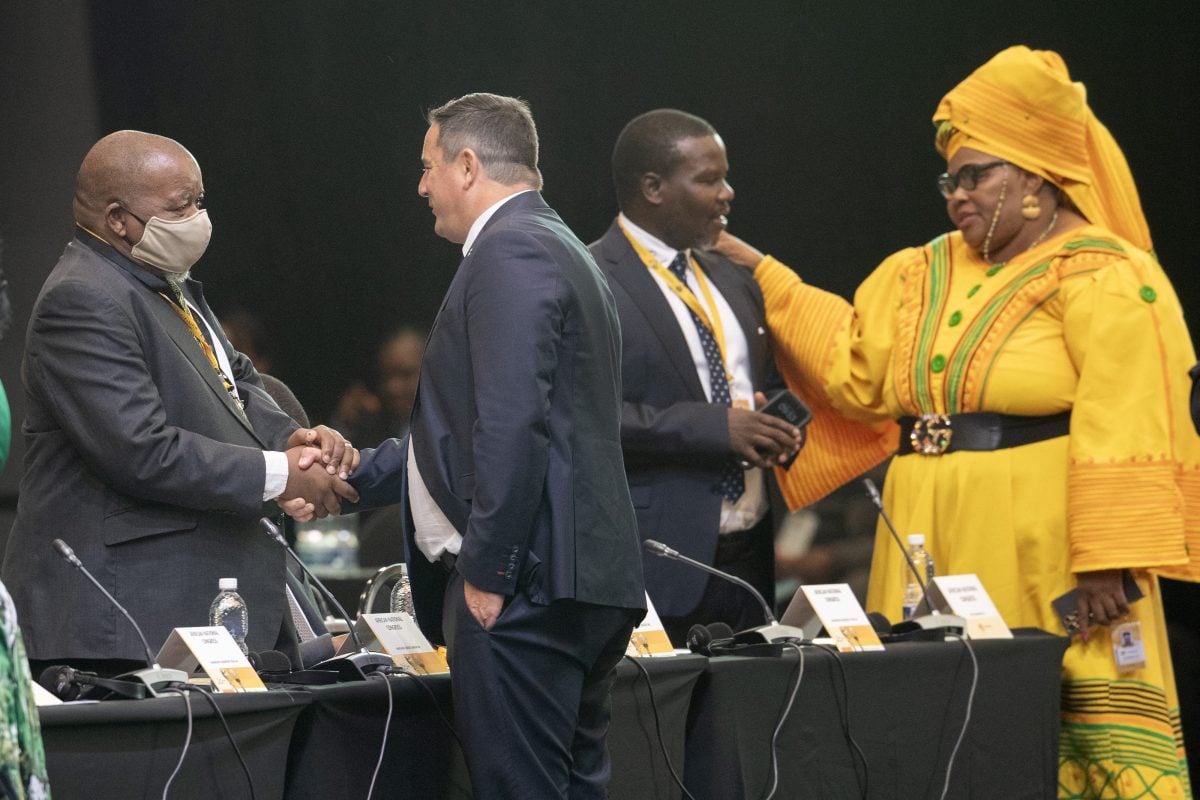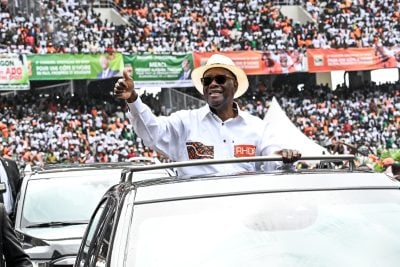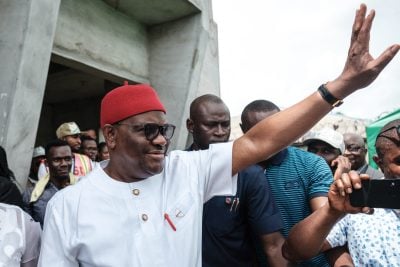South Africa’s ANC has agreed to enter a historic “government of national unity” with the opposition Democratic Alliance (DA) and smaller parties, in what will be the first coalition government of the post-apartheid era.
The deal with the right-leaning DA, a party which has traditionally been fiercely critical of the ANC, will keep President Cyril Ramaphosa in power despite his disastrous poll showing.
But it could reset South Africa’s political and economic direction, potentially returning it to a path more conducive to international investment after years of low growth.
“It is my privilege to report to you that, after two weeks of thorough negotiations that only concluded after today’s sitting of Parliament had already started, the DA has reached agreement on the statement of intent for the formation of a Government of National Unity,” DA leader John Steenhuisen told the press.
“Following the signing of this document by the leaders of the respective parties involved – including the DA, the IFP [Inkatha Freedom Party] and the ANC – the DA will now enter national government, as well as provincial government in the provinces of Gauteng and KwaZulu-Natal.”
Steenhuisen said the DA will assume various leadership roles in the national cabinet, the National Assembly, the National Council of Provinces, and on parliamentary portfolio committees, “broadly in proportion to our share of seats within the GNU.”
He said the unity government would be committed to a “path of fundamental reform” including rapid economic growth and job creation.
In an early example of the coalition at work, the DA said it would vote for the ANC’s Thoko Didiza as speaker of the National Assembly, which opened on Friday, while the ANC would back the nomination of the DA’s Annelie Lotriet as deputy speaker.
The ANC, which has led South Africa since the first democratic elections in 1994, has been forced into coalition following its disastrous showing in the May elections, when it lost its majority after securing just 40% of the vote, a slump of 17% since the last national elections in 2019.
Markets had urged the government to pursue an agreement with the DA, rather than a pact with the left-leaning Economic Freedom Fighters of Julius Malema or former President Jacob Zuma’s MK Party.
Tough negotiations
Helen Zille, the chairwoman of the DA’s federal executive, told the South Africa-based Mail & Guardian that the deal represented a “good compromise” and was the product of “late nights and early mornings.”
“We wanted checks and balances in this document. We wanted the ANC to understand that they did not win an overall majority in this election and that things have changed for them, and so we wanted that to be reflected in the document,” she told the newspaper.
“We did not want to be in a situation where we were merely propping up an ANC government. And they equally wanted as much muscle as they could get out of it. Understandably, that is what negotiations are about.”
Zille said the partners would negotiate a programme of government in the next six weeks.
Want to continue reading? Subscribe today.
You've read all your free articles for this month! Subscribe now to enjoy full access to our content.
Digital Monthly
£8.00 / month
Receive full unlimited access to our articles, opinions, podcasts and more.
Digital Yearly
£70.00 / year
Our best value offer - save £26 and gain access to all of our digital content for an entire year!
 Sign in with Google
Sign in with Google 



